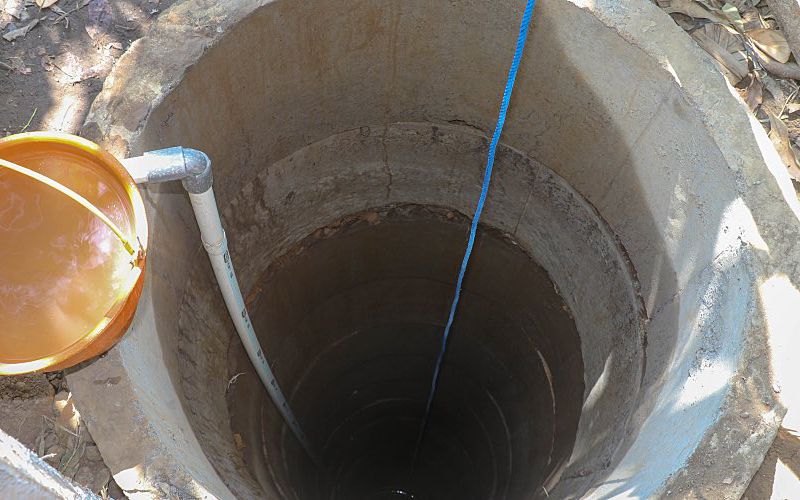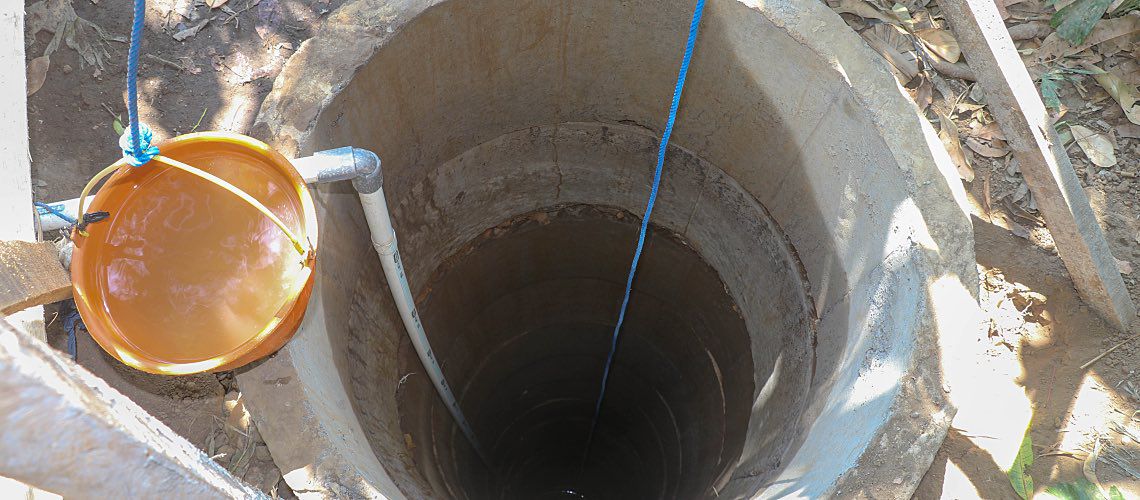State Regulation of Private Water Sources: How Private Water Testing Labs Can Help Protect Residents


When consumers use water from a public water system, that water must comply with Safe Drinking Water Act regulations, including monitoring for a wide range of contaminants known to present health risks. Private water well owners, however, have no such protections. Instead, those regulations are left to states and local jurisdictions, which can vary widely in how they approach the question of private wells.
According to the U.S. Geological Survey (USGS), more than 43 million people in the U.S. get their water from private wells, with 1 in 5 wells harboring contaminants at a level harmful to human health. For example, USGS data show that 2.7 million people are exposed to unsafe levels of arsenic in private wells, a number that shoots up to over 4 million during drought conditions.
Contamination of private wells has many potential impacts, from reducing IQ in children to gastrointestinal illness and even cancer. So, where do states stand on private water well testing requirements, and what do water labs need to know about the regulatory landscape?
Private Water Well Testing Requirements: A Patchwork of State Regulations
A comprehensive review of state-level policies shows wide variation in private well regulation. Most striking is the fact that the majority of states don't require private well testing at all, making well water quality monitoring the responsibility of the homeowner.
Three states — Connecticut, Florida, and New Jersey — require the testing of private wells that serve rental properties. In New Jersey, for example, landlords are required to conduct periodic tests and provide tenants with the results.
Eleven states have requirements around the sale or transfer of a property, typically requiring the results of private well testing to be discussed prior to the real estate closing. States with this type of testing requirement include:
- Connecticut
- Delaware
- Maryland
- Minnesota
- Nebraska
- New Jersey
- New Mexico
- Oregon
- Rhode Island
- South Dakota
- Wisconsin.
Even where states do not specifically regulate testing during property transfers, local jurisdictions and/or the lending institution may require it, as is common in Massachusetts, North Dakota, and the state of Washington. Washington also requires annual testing of private wells for bacteria, making it one of the only states requiring regular testing.
A handful of states that include North Carolina, Minnesota, Vermont, and Wisconsin require testing upon completion of new private well construction. However, this is no guarantee that water supplies will remain safe over time, leaving property owners responsible for well testing.
How Private Water Testing Labs Can Help
The Environmental Protection Agency (EPA) recommends private well owners test their water at least once a year for total coliforms, nitrates, pH, and total dissolved solids. Despite many state recommendations that private well owners test their water, testing rates remain low. In Iowa, for example, only 6,000 of the roughly 300,000 residents with private wells test them annually for bacteria and nitrates.
Labs can help fill this gap by raising awareness about local risks, as well as making sure they are included on the lists of accredited private water testing labs maintained by local health or environmental departments. Strategies for raising awareness include creating content for your lab website or blog, conducting outreach at local events, or even offering free testing during public health emergencies, such as floods.
Lab staff should also be knowledgeable about contaminants found in different areas of the state, such as if arsenic is known to be elevated in specific regions. States may also recommend testing for specific contaminants, such as:
- Chromium
- Volatile organic compounds
- Lead
- Mercury
- Radium
- Radon
- Uranium
- Pesticides, such as atrazine.
Finally, water labs should be aware of the conditions that the National Ground Water Association says should trigger a well test, such as when an infant resides in the home or when there are changes in the water's color, taste, or odor. A water test should be conducted if there are recurrent, unexplained episodes of gastrointestinal illness, as well as if the well has a history of contamination or experienced a recent septic system malfunction.
Once testing is complete, private water testing labs play a critical role in helping customers understand the results. For instance, you can help residents understand when water just has a benign odor versus when it could be a more serious health risk, in which case you'd want to refer them to their local health department.
The EPA does not regulate private wells in any way, and many states also have no testing requirements. One of the biggest roles labs can play in addressing this problem is to raise awareness about annual well testing. For more information, the Association for Public Health Laboratories provides a guide to private well testing and sampling to help labs understand more about how they can help.






